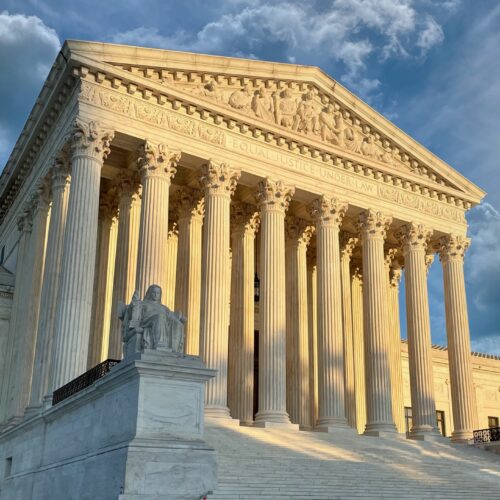Jackson said the ruling “sends a troubling message” that the court will depart from its usual legal standards “for certain litigants.” While other litigants seeking a stay “must point to more than the annoyance of compliance with lower court orders they don’t like, the Government can approach the courtroom bar with nothing more than that and obtain relief from this Court nevertheless,” Jackson wrote.
Jackson: “Grave privacy risks for millions”
Jackson said the ruling puts at risk personal information like Social Security numbers, birth dates, addresses, bank account numbers, and medical records. “Every person who has received a Social Security number appears in the SSA’s data,” and the agency administers various programs that collect other personal information, Jackson wrote. The Supreme Court ruling creates “grave privacy risks for millions of Americans,” she wrote.
For example, Jackson wrote that Social Security Disability Insurance “collects detailed medical histories (describing, for example, prescriptions, mental-health treatments, and testing results for sensitive health conditions like HIV) from applicants and beneficiaries.” The Privacy Act protects this kind of data, prohibiting agencies “from disclosing covered data except in narrow circumstances, such as where agency employees ‘have a need for the record in the performance of their duties.'”
The SSA has long had a policy of restricting access, but its data-handling practices “changed dramatically” after President Trump’s executive order creating DOGE, Jackson wrote. “Record evidence reflects that DOGE received far broader data access than the SSA customarily affords for fraud, waste, and abuse reviews,” Jackson wrote.
Previously, investigations would “start with access to high-level, anonymized data based on the least amount of data the analyst or auditor would need to know,” Jackson wrote, referring to evidence given by a former SSA acting chief of staff. Analysts or auditors previously could only obtain “more granular, non-anonymized data” if they found suspicious entries, she wrote.




